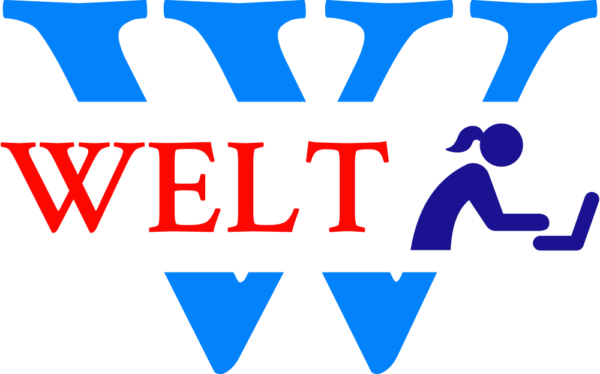What is Full Stack Development ?
What is Java Full Stack Development? What are the skills required to become a Java Full Stack Developer?
In the ever-evolving realm of web development, Java Full Stack Developers stand at the forefront, equipped with a diverse skill set that allows them to craft complete web applications from concept to deployment. This role demands mastery in both front-end and back-end technologies, making it an exciting and challenging career path. Let’s delve deeper into the skills and insights that define a Java Full Stack Developer.
1. Proficiency in Java Programming: A strong foundation in Java programming is the cornerstone of a Java Full Stack Developer’s skill set. This includes:
- Mastering Java syntax, object-oriented programming (OOP), and design patterns.
- Leveraging Java frameworks like Spring and Hibernate to streamline development.
- Crafting scalable and efficient server-side components for web applications.
2. Front-End Development Mastery: To create captivating user interfaces, a Java Full Stack Developer should excel in front-end technologies such as:
- HTML, CSS, and JavaScript to structure, style, and animate web pages.
- Utilizing front-end libraries (jQuery) and frameworks (Angular, React, or Vue.js) for dynamic user experiences.
- Implementing responsive design to ensure seamless functionality across various devices.
3. Back-End Expertise: Back-end development is the backbone of a web application’s functionality, requiring skills like:
- Proficiency in Java-based frameworks (Spring Boot) to build powerful server-side logic.
- Designing and deploying RESTful APIs for smooth communication between the front-end and back-end.
- Integrating with databases (MySQL, PostgreSQL, or MongoDB) to store and manage application data.
4. Database Management and Optimization: A Java Full Stack Developer should handle data effectively, demonstrating skills in:
- Writing complex SQL queries for efficient data retrieval, manipulation, and reporting.
- Understanding database design principles, normalization, indexing, and data relationships.
- Optimizing database performance for enhanced application responsiveness.
5. Version Control and Collaborative Workflow: Successful collaboration is vital for a Full Stack Developer, involving skills like:
- Utilizing version control systems (Git) to track code changes, manage branches, and facilitate teamwork.
- Resolving merge conflicts and maintaining a clean version history for smooth code integration.
- Communicating effectively within development teams to align coding efforts.
6. DevOps and Deployment Strategies: Deploying applications efficiently requires knowledge of:
- Setting up continuous integration and continuous deployment (CI/CD) pipelines for automated testing and deployment.
- Deploying applications to cloud platforms (AWS, Azure, Heroku) for scalability and accessibility.
- Monitoring application health, diagnosing issues, and optimizing performance in a live environment.
Conclusion: Becoming a proficient Java Full Stack Developer entails more than just coding expertise—it’s about mastering both the front-end and back-end aspects of web development. With a strong foundation in Java programming, complemented by front-end finesse, back-end mastery, database management skills, collaboration proficiency, and deployment know-how, you can forge a successful career in this dynamic field. Embrace continuous learning to stay updated with evolving technologies and methodologies, paving the way to becoming a well-rounded and sought-after Java Full Stack Developer.





